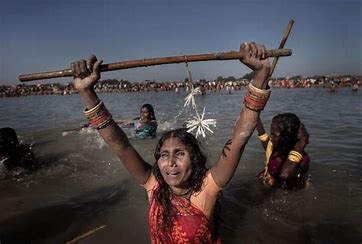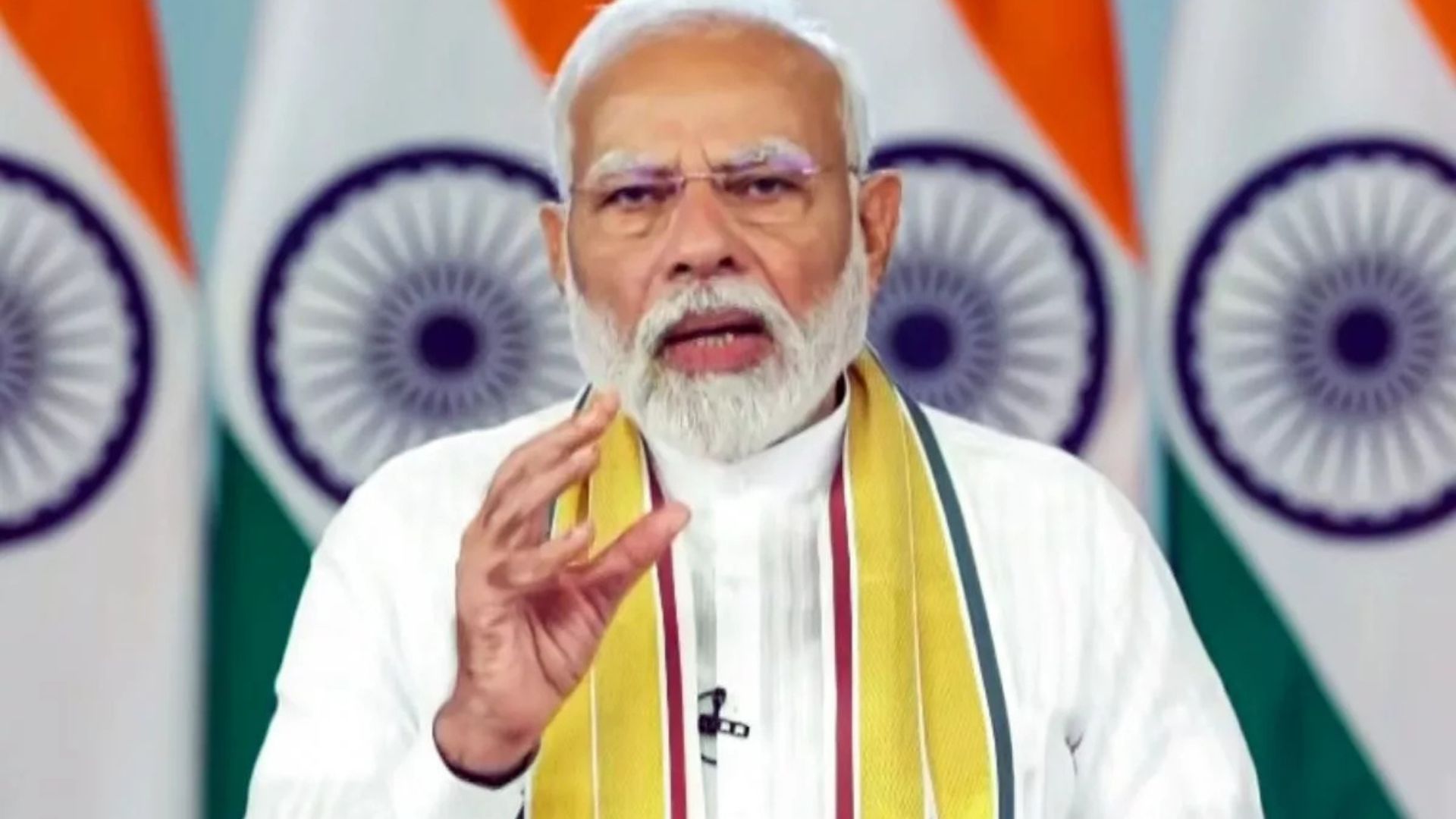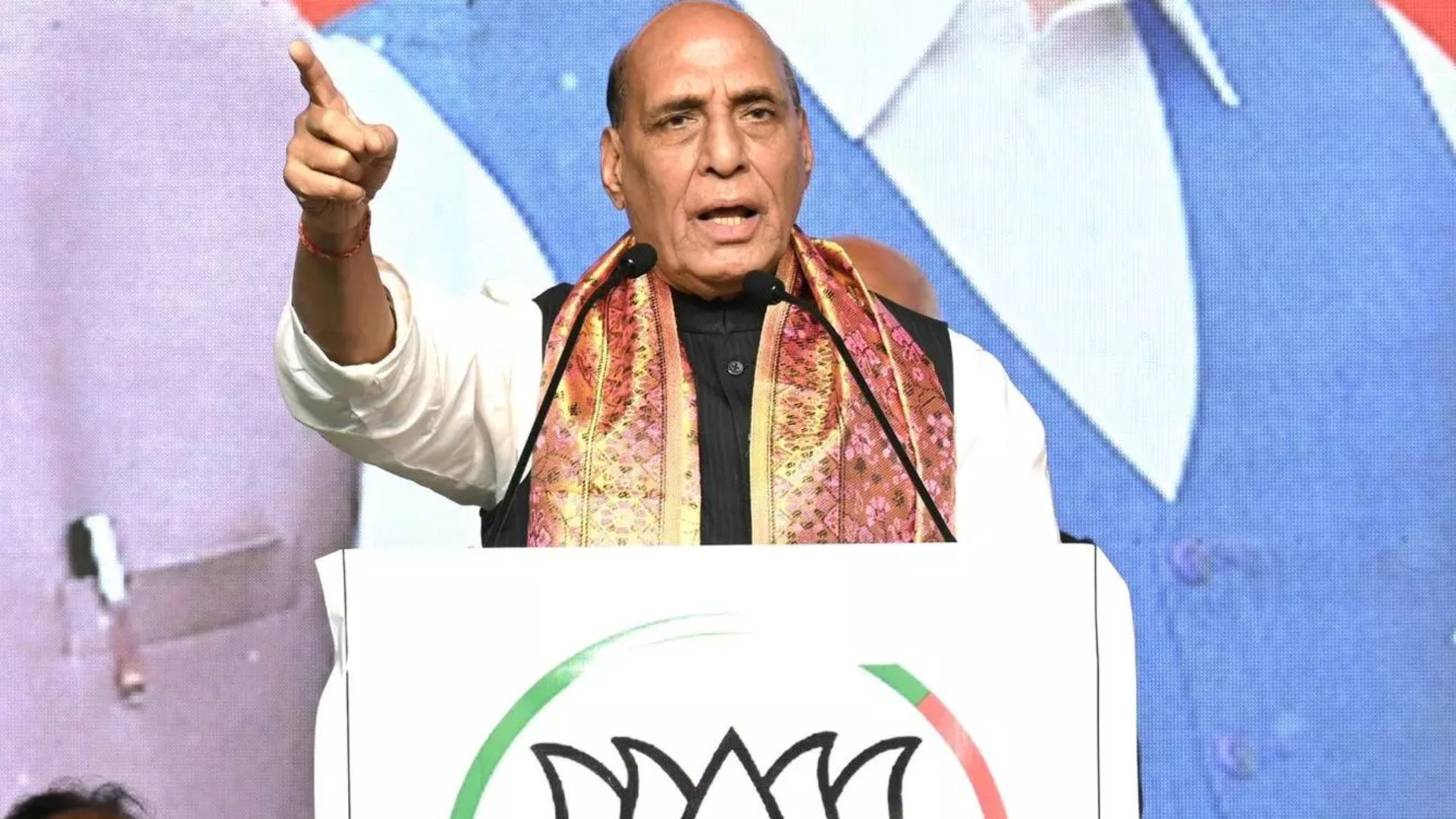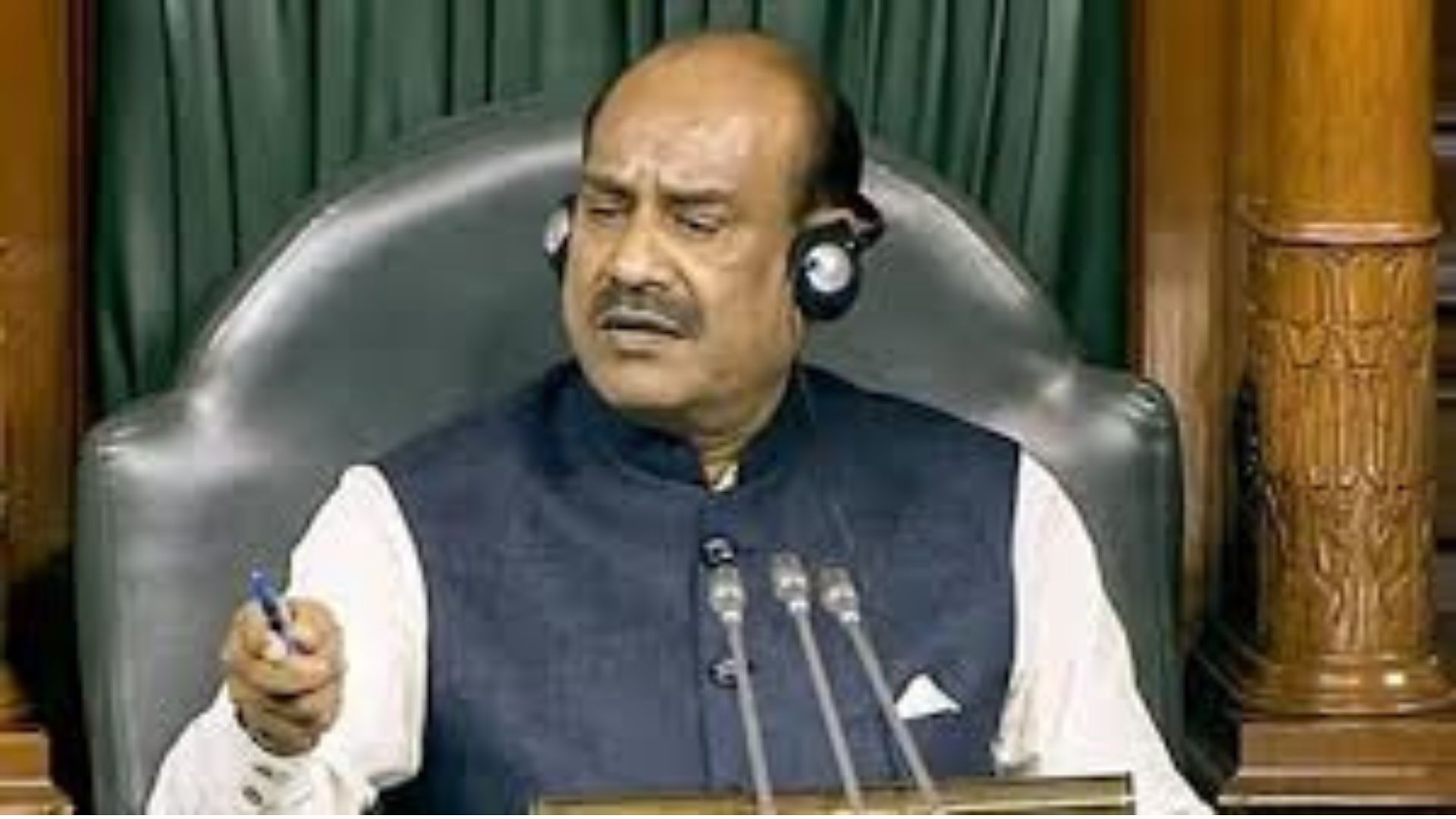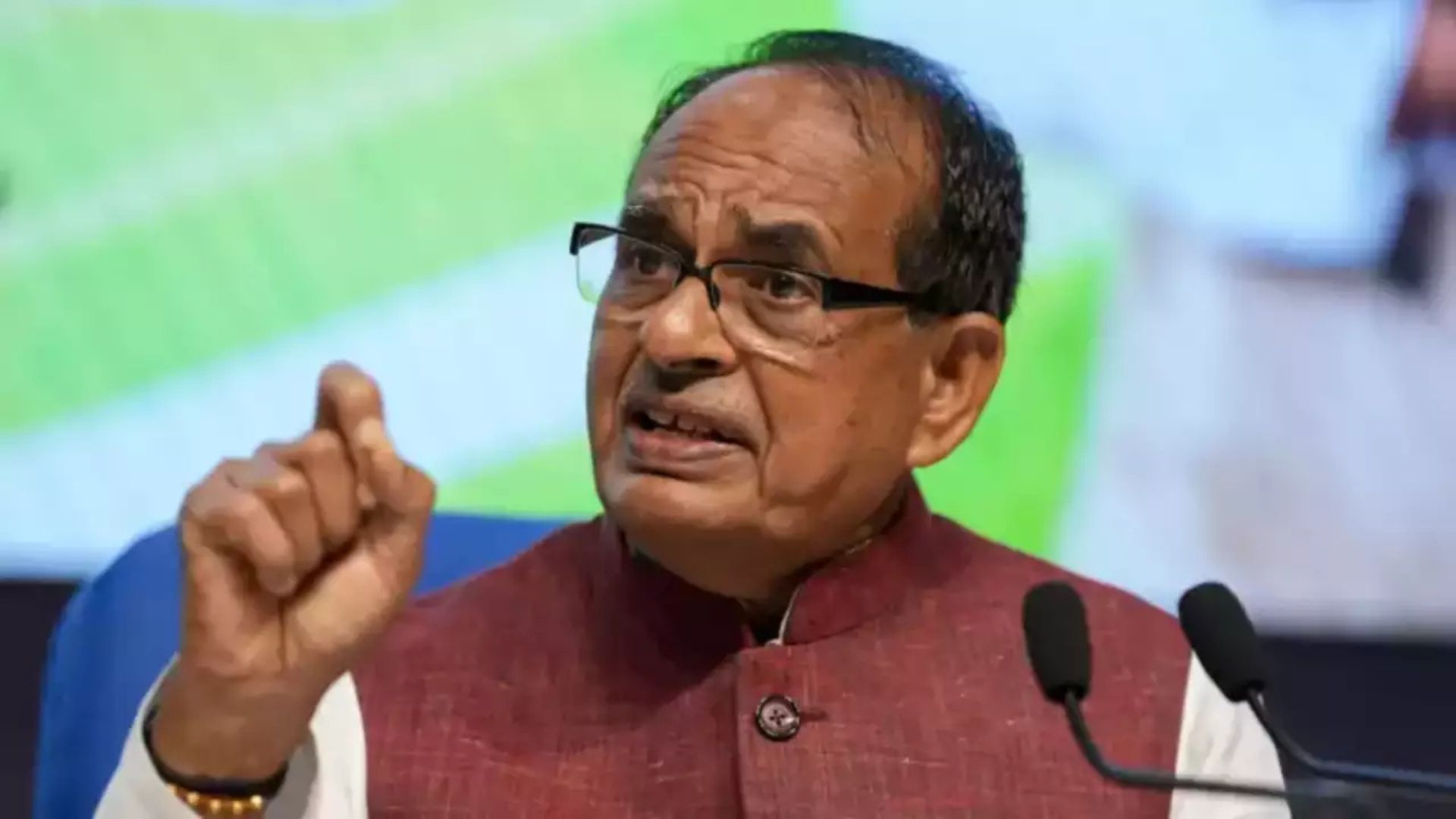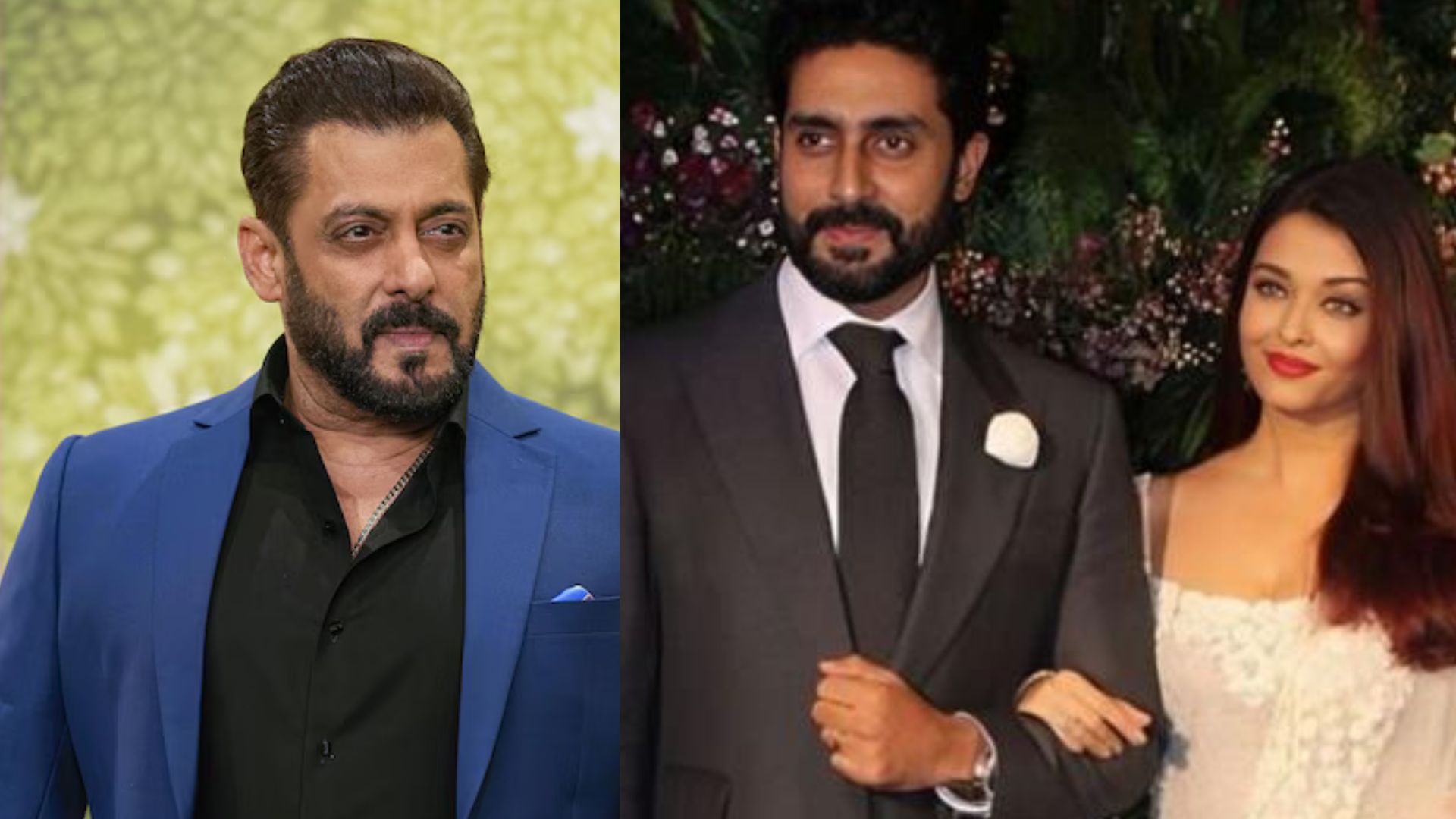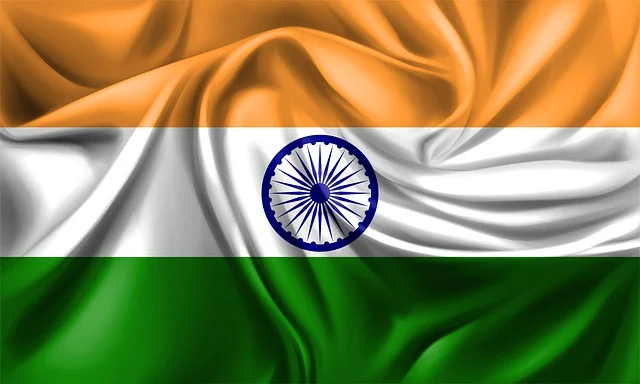
As India continues to navigate changing landscape, its ability to forge strategic partnerships and promote inclusivity will be key to its success on the world stage.
The international order is undergoing a seismic shift. The economic and political center of gravity is migrating eastward, with Asia poised to be the engine of future global growth.
The West’s dominance is receding, replaced by a multipolar world where rising powers compete for influence. This dynamic landscape presents a golden opportunity for India, the world’s largest democracy and a burgeoning economic giant, to establish itself as a major player.
The Erosion of the Post War Order
Post-war global order established by the United States faces a multifaceted challenge from rising powers, most notably China. This challenge extends beyond mere economic growth.
China aspires to reshape the international system according to its own vision, potentially displacing the US as the dominant power.
The two cornerstones of the US-led order, liberal democracy and globalization, are under increasing stress. Ironically, the source of this pressure comes partly from countries that were once beneficiaries of this system. The so-called ‘de-risking’ and ‘decoupling’ are Western responses to its decreasing power.
The “Washington Consensus,” which emphasized free markets and deregulation, has generated significant wealth but also widened inequalities within and among nations.
Growing economic disparity within the US has fueled public resentment towards globalization. Discontent with the loss of blue-collar jobs to less developed global south and a weariness of US foreign interventionism have fueled the rise of populist movements like Donald Trump’s presidency. This highlights a growing divide between those who see globalization as beneficial and those who feel left behind.
The challenge to US leadership thus stems from both the rise of assertive new players on the global stage and domestic discontent. This creates a complex situation for the US, requiring it to address domestic inequalities while navigating a changing international landscape.
A Crisis of Legitimacy
The global order established after World War II is plagued by a crisis of legitimacy. Its institutions, particularly the UN Security Council (UNSC), struggle to adapt to a new global landscape. The once dominant powers unwilling to cede power to new emerging powers.
The most significant example of this is the UNSC’s permanent membership. These five nations, victors of World War II, hold veto power, granting them disproportionate influence on global issues rendering the UNSC completely inconsistent with rapidly changing economic, political and demographic reality. The African continent of 54 nations has no representation in the coveted UNSC. India, a country of 140 crore people, fifth largest economy, and one of the biggest contributors to the UN peacekeeping forces also does not have a seat amongst the permanent members.
Asia’s economic clout is projected to surge, with its share of global GDP potentially doubling by 2050. According to the Asian Development Bank, the Asian share of global gross domestic product (GDP) will double from 26 per cent in 2011 to 52 per cent in 2050, meaning the international center of economic activity will be concentrated in Asia.
This economic shift underscores the need for a more representative UNSC. In addition, UN’s failure in addressing conflicts like those in Ukraine and Israel pose serious question on its legitimacy as a global institution meant to save the world from the scourge of war.
Three Seismic Shifts Reshaping the World
Amid this shifting world order, three key trends are reshaping the geopolitical landscape. The first being, the economic rise of the Asia: The economic center of gravity is decisively shifting eastward. Asia, with powerhouses like China, Japan, and a rapidly developing India, now boasts three of the top five global economies.
This region is projected to become the engine of future global growth. Second, the era of US-led unipolar dominance is fading. As Richard N. Hass, president of the Council on Foreign Relations, observes, the 21st century is characterized by a “no polarity” world.
Power is no longer concentrated in a single superpower, but rather dispersed among numerous actors wielding diverse forms of influence. Finally, the concept of universal values is giving way to value pluralism. While democracy and liberalism remain cherished ideals in some regions, there’s a growing recognition of a plurality of value systems influencing international relations.
This new world order presents an exciting opportunity for India, to carve its own path and emerge as a major force on the world stage.
Indian and the New Global World Order
India envisions a multipolar world based on international law, respect for sovereignty, and peaceful resolutions. In the words of former Foreign Secretary H.V. Shringla, that a multipolar world would be “underpinned by international law, premised upon respect for the sovereignty and territorial integrity of all countries, resolution of international disputes through peaceful negotiations, and free and open access for all to the global commons”.
India seeks a world where all countries, major and minor, have a voice in global decision-making.
This vision extends to Asia, where India desires a multipolar order to address concerns regarding China’s rising dominance. It seeks a “shared leadership” model among major Asian powers like China and Japan. India prioritizes regional organizations like ASEAN for economic cooperation and promotes freedom of navigation for commercial interests.
India’s multipolar vision accommodates external powers like the US. It welcomes collaboration with the US on security issues, as evidenced by agreements like COMCASA, LEMOA and its participation in the groupings like QUAD. However, India also tries to maintains healthy relations with China, understanding the importance of regional cooperation as evidenced by its participation in SCO.
India stands out due to its core values and deeply ingrained democratic principles, positioning it as a unifying force empathetic to the challenges encountered by developing nations. With a commitment to collective and inclusive progress, India offers more than just economic advantages, serving as a beacon for others. The success and reach of its numerous socio-economic development initiatives present replicable solutions vital for addressing the needs of the broader developing world. India’s approach to global power emphasizes collective evolution and offers hope for a better future, with innovative solutions from the Global South and multilateral platforms driving progress. Positioned uniquely, India champions inclusivity and unity, as evidenced by its role at the G20 summit.
With significant soft power, India’s ideology of ‘Vasudev Kutumbhakam’, resonates globally, positioning the nation as a key player in shaping the future of international relations. Its commitment to democracy, multilateralism, and a multipolar world offers a unique perspective. As India continues to navigate this changing landscape, its ability to forge strategic partnerships and promote inclusivity will be key to its success on the world stage.
Ankur Dixit and Rupal Mishra are doctoral candidates at the Centre for Russian and Central Asian Studies, Jawaharlal Nehru University, New Delhi.

